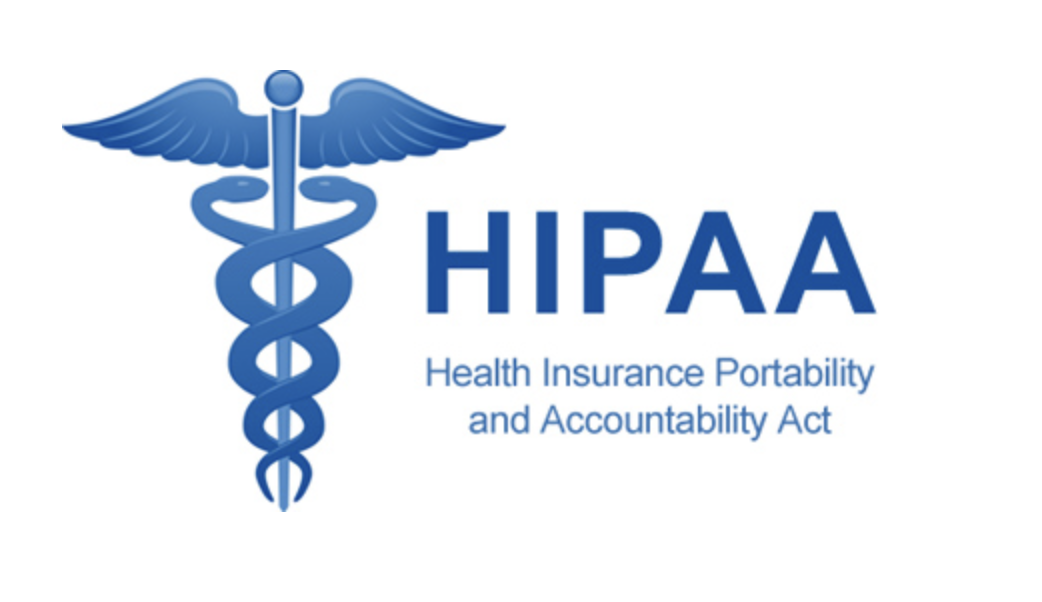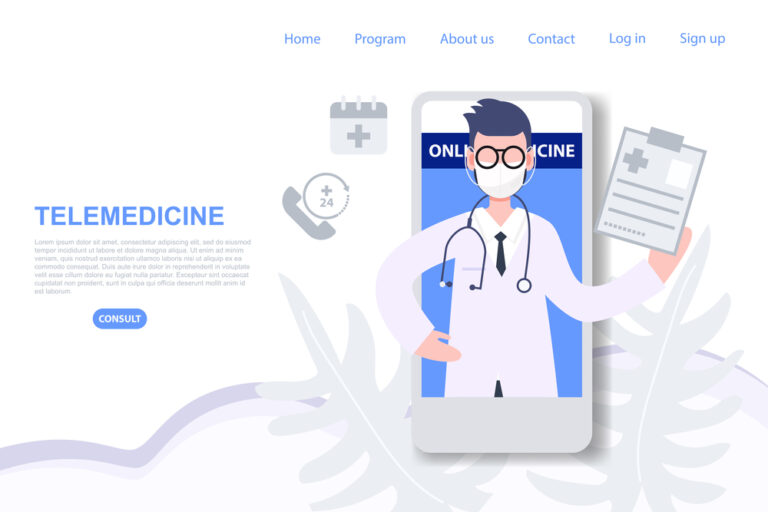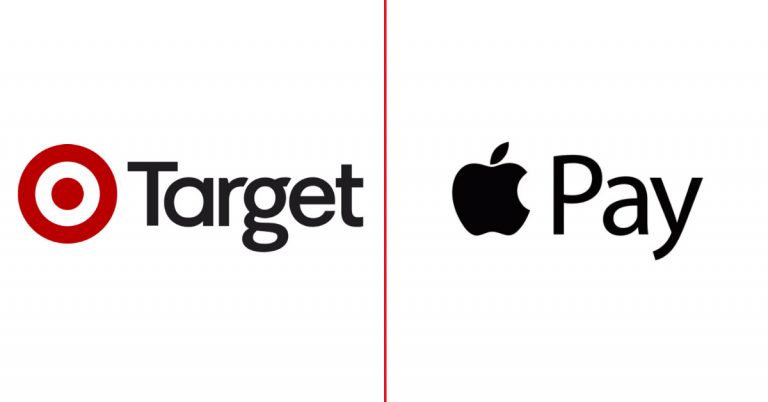What is HIPAA and Why It is Important for Healthcare Organizations?

Healthcare organizations contain sensitive patient information which requires extreme care. From diagnosis and treatment plans to photographs, the healthcare industry supervises highly sensitive patient information. HIPAA serves as a cornerstone in the protection of patient data as it exhibits standards to protect the privacy, confidentiality, and integrity of identifiable patient information.
Though it gives peace of mind to patients, it is really a headache for healthcare organizations and covered entities if they fail to comply with HIPAA regulations. In case of security violations, healthcare providers have to suffer both monetary and non-monetary losses. Therefore, it is vital to have a deep understanding of HIPAA to avoid punishments. Let’s take a close look at HIPAA and its corresponding rules and regulations.
Defining HIPAA
HIPAA (Health Insurance Portability and Accountability Act) is a broad federal law that sets national standards to protect sensitive patients’ information from being disclosed without the patient’s prior knowledge or consent. The law was passed in 1996 and is regulated by the US Department of Health and Human Services.
It contains a series of regulatory rules that healthcare organizations must implement in their business to ensure the security and integrity of their patient’s information. To ensure your HIPAA compliance, you need to understand these 5 privacy rules that make the foundation of this act.
Rule 1: Security Rule
This rule guarantees the security of a patient’s medical records during their accessibility, storage, and transfer. It develops strategies, standards, and procedures that safeguard the revealing information of patients.
This HIPAA rule leverages three layers to protect electronic PHI. These are;
- Technical protection: It wraps data with encryption and authentication.
- Physical encryption: It secures data storage units within healthcare providers’ facility.
- Administrative protection: It manages the HIPAA security compliance team.
Moreover, this legislation includes the security risk requirements that obligate healthcare providers to evaluate potential risks and vulnerabilities associated with patients’ health information.
Rule 2: Privacy Rule
This HIPAA rule handles the storage and disclosure of Protected Health Information (PHI). it obliges healthcare providers to attain a patient’s written authorization before disclosing their PHI. covered entities can disclose PHI under certain circumstances, such as
- To law enforcement entities in response to a warrant, court order, or administrative request.
- To arrange for payment, treatment, and other healthcare processes.
However, this permitted disclosure of PHI must ensure HIPAA minimum necessary rule which requires covered entities to share the minimum possible information for accomplishing certain tasks. Moreover, healthcare providers must keep “disclosure accounting” that requires documentation of any PHI disclosure made for any purpose other than payment, treatment, or healthcare operations.
Rule 3: The Unique Identifiers Rule
These HIPAA rule associates are unique identifiers that leverage HIPAA rules for both administrative and financial purposes.
- National Provider Identifier
- National Health Plan Identifier
- Standard Unique Employer Identifier
Rule 5: The Transactions and Code Sets Rule
This rule associates transaction codes with all HIPAA transactions. These codes guarantee the precision, safety, and security of a patient’s medical records.
Rule 4: Enforcement Rules
As evident by its name, this rule laid down procedures for hearings and investigations in case of non-compliance. It involves fines and penalties for any organization that is supervising sensitive patient information and is charged with HIPAA violations.
Why is HIPAA Important for Healthcare Organizations?
Now that you know how HIPAA laid down the foundation of secure PHI storage and disclosure with these HIPAA rules, the question comes how the law benefits a healthcare organization? Here is the answer!
Data Transparency is Crucial
The transparency of patients’ information is vital to accurate diagnosis and proper treatment. If patients know that their data is going into safe hands, they will more likely reveal the relevant medical information.
Acquiring some sort of Information, such as substance abuse, reproductive concerns, mental health problems, etc from patients is an uphill battle if they are unsatisfied with your security standards.
Therefore, if your organization is clear and transparent about its HIPAA compliance, you can expect the same level of transparency from your patients which is extremely important for effective medical operations.
Cyberattacks are Increasing
Organizations having sensitive information have become a target for cybercriminals. By 2027, the global cost of cybercrimes is expected to reach more than $23 trillion. Healthcare organizations will have to suffer the cost of addressing data breaches, including offering credit monitoring services, issuing breach notification letters, and covering the OCR fines.
These costs will be much more than HIPAA compliance would demand. Though the initial cost of investing in physical, administrative, and technical safeguards will be expensive, the improved efficiency would result in long-term savings.
In fact, organizations that ensure their HIPAA compliance experience a streamlined workflow, reduced time consumption by avoiding “phone tag”, and enhanced workforce productivity, allowing healthcare providers to invest more in security infrastructure and offer top-notch health services to patients.
Non-Compliance is expensive
Either knowingly or unintentionally, the failure to comply with HIPAA regulations can lead to costly fines and penalties. However, healthcare providers can avoid these punishments by ensuring HIPAA compliance.
Setting security rules and procedures in place, training staff, and updating systems will help you avoid the risks of security violations. In case you are not aware of the status of your HIPAA compliance, the US Department of Health and Human Services provides a security risk assessment tool to evaluate your compliance status.
This will help you decide the procedures and measures which are required to ensure your HIPAA compliance.
HIPAA Compliance Builds Reputation
HIPAA compliance not only avoids costly punishments, but also results in invaluable non-monetary advantages. One security violation from your healthcare service can cost you years of bad reputation, lack of patient trust, and disgrace that would be impossible to reverse.
There are several ways healthcare organizations have to suffer in case of security violations. So the best in their interest would be to understand the rules and procedures associated with HIPAA to experience good brand recognition and prevent all sorts of financial and non-financial losses.
Winding Up
HIPAA is a powerful legislative tool to strengthen, standardize, and simplify healthcare industry processes. The aforementioned HIPAA rules guarantee the safety of PHI during its acquisition, transfer, and storage.
When patients understand their healthcare provider has adequate security measures in place, your brand experiences a high level of trust and data transparency. Moreover, you need to comply with HIPAA standards or risk troublesome investigations and hefty penalties.
Therefore, it is vital to understand the requirements of HIPAA compliance and set processes and procedures that are in line with this legislation. Additionally, HIPAA authorization is changing continuously, so you have to stay informed and incorporate flexibility in your healthcare operations to cater to these changes.





